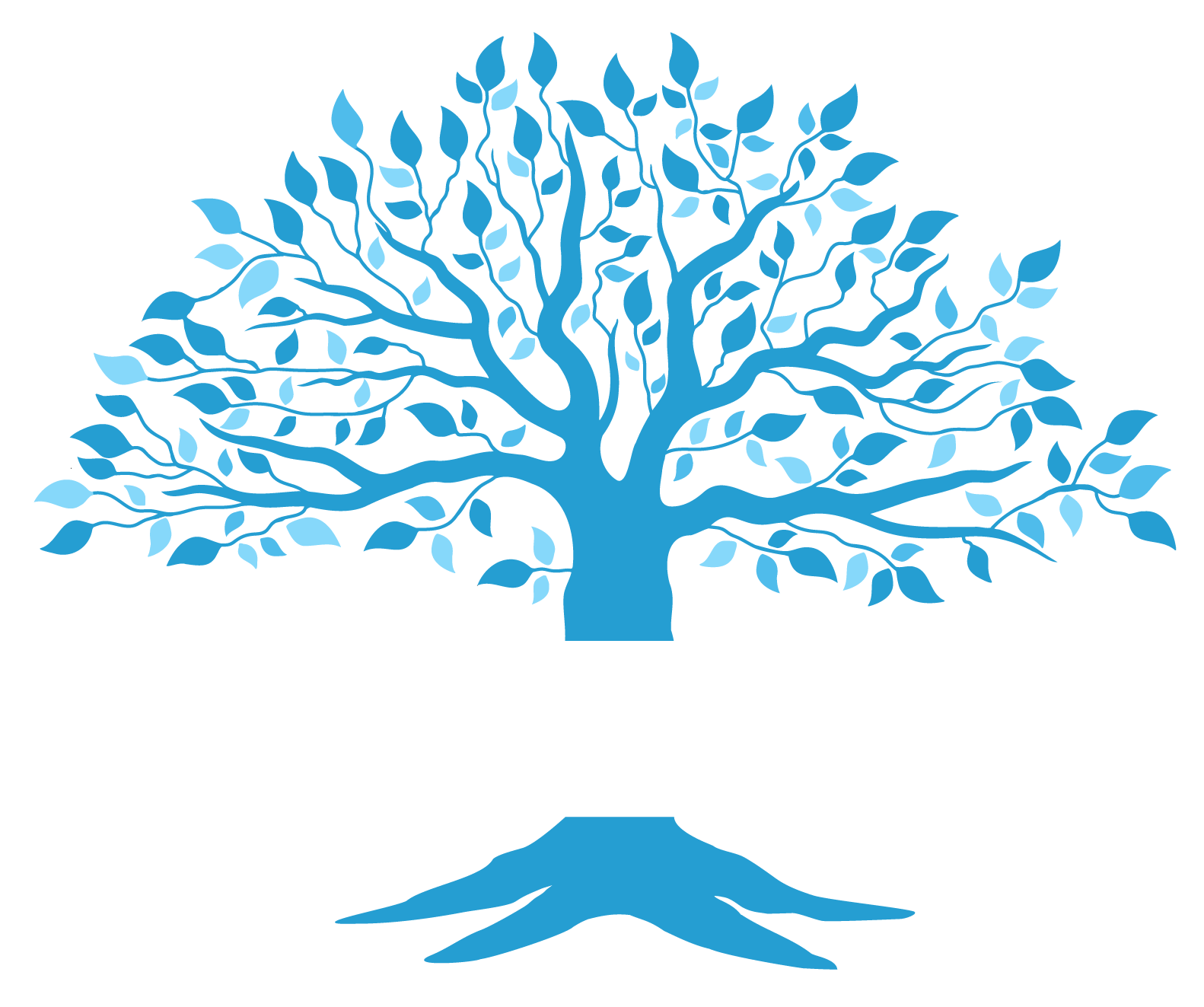If you’re serious about investing in real estate, you’ll need to know the difference between hard money and soft money loans
Knowing the differences between these two loan types may sound complicated, but it’s not. You’re going to want to familiarize yourself with each before you invest in any real estate project and pick the right type of loan that best fits your investment needs.
Definitions of Hard Money vs. Soft Money
Hard money is typically used to fund and facilitate short-term real estate investment projects with quicker turnaround-times, has higher interest rates and fees, and uses the real property as collateral.
Soft money – also known as traditional or conventional financing from a bank – is more suitable for long-term investments or personal projects, has lower interest rates and fees, and is based on the borrower’s credit score and ability to repay.
Here are the major differences between hard money and soft money when it comes to real estate investment.
Hard Money Loans for Real Estate Investment
Hard money loans are short-term bridge loans often funded by private investors, not traditional lenders like banks, and are backed by the property’s value against the borrower’s creditworthiness.
Firms like Community Capital Holdings specialize in hard money loans, and use their money to help serious investors avoid the long decision-making process, red tape, and regulations of traditional lenders and conventional financing options.
Hard money loans are typically designed for a short period of time, but have a higher interest rate, and are based on the real property asset itself, not the borrower or their personal finances. Savvy investors recognize that the higher interest rate is less expensive than giving up equity in the property.
Depending on your real estate investment goals, your timing and the property itself, hard money loans may be the right choice for you to achieve your investment goals, especially in the short-term.
Soft Money Loans
A soft money loan is a more traditional type of loan – typically from a bank – with a more conservative interest rate and longer terms as compared to hard money loans.
Soft money loans are what typically come to mind when you think of traditional financing. They come from certified lending institutions, namely banks, and have longer terms, ranging anywhere from 2 years, to 30 years, and beyond. If you’ve ever gotten a car loan, you’ve used soft money.
Since soft money loans are considered conventional loans, and generally come from certified lending institutions, the interest rate is lower than average and a soft money lender – usually a bank – will focus much more on the borrower’s credit score, overall cash flow and financial condition.
Simple Summary of Hard Money and Soft Money
Here is a quick comparison of the two types of loans to make it easier to determine which loan type is right for your real estate investment project.
Hard Money Lending
- Individuals/Companies (i.e. Community Capital Holdings) are the lenders
- Short-Term loan
- Higher interest rates
- Higher fees
- Lower LTV (loan-to-value) ratios; typically 60% or less
- Can provide interest only loans
- Asset-based on the real property itself; not based on credit or cash flow
- Quicker decision-making to secure financing and close quickly
- Higher approval rates
- For non-owner occupied (rental and investment) properties
- Can be easier for foreign investors to get a loan; less documentation required
Soft Money Lending
- Conventional institutions (i.e. Banks) are the lenders
- Long-Term loan
- Lower interest rates
- Lower fees
- Higher LTV (loan-to-value) ratios; typically 80%+
- Not able to provide interest only loans
- Based on borrower’s Credit Score and ability to repay
- Slower process to secure financing; takes longer to close
- Lower approval rates
- For non-investment and/or homesteaded primary residences
- Can be more difficult for foreign investors to get a loan; more documentation required
Why Hard Money Loans are a Good Idea for Real Estate Investors
While hard money loans avoid many of the challenges of conventional lending and are asset-based with shorter-terms, there are several reasons why hard money loans are a good idea for real estate developers and serious real estate investors.
A major benefit to hard money lending versus traditional financing is speed. In the real estate industry, the fast fish eats the slow fish. Hard money lenders, like the underwriters at Community Capital Holdings, understand that quick decisions mean the difference between success and mediocrity in most projects.
From the knowledge you need to make investment decisions to actually closing the deal itself, hard money borrowers have an important edge in the real estate investment market.
Most hard money lenders are not interested in your current financial standing. While every deal is different and each borrower is unique, your credit score, deep background checks, and reviewing your income or bank statement may not be needed.
Instead, the main concern of any hard money lender is the collateral – the real property itself. This is why processing and closing hard loans is faster compared to conventional loans.
Hard money loans also have more customizable, flexible agreements. Hard money agreements aren’t bogged down by a bank’s red tape, don’t require “approval” by a board or corporation, and don’t typically follow a standardized underwriting
procedure or long approval process as compared to conventional lenders.
With most hard money loans, you will typically deal with an individual who wants you to succeed – a vested partner who is far more likely to understand your situation and will work with you for a mutually beneficial arrangement.
This personalized, consultative approach to lending is what makes Community Capital Holdings unique and is something that you cannot expect from traditional banks and conventional entities like banks, as banks tend to be “by-the-book” and very strict when it comes to who gets approved.
Types of Hard Money Loans
There are a variety of hard money loan options available to help with any investment funding need. It is important for serious real estate investors to know the difference between hard money and soft money (i.e. banks) in order to choose the right funding for their next investment.
Hard money loans are one of the most prominent, popular private real estate loans available to real estate investors to make improvements and add value to their investment portfolio.
Along with hard money lending, the most notable loan types that Community Capital Holdings specializes in for non-residential investment properties, are as follows:
- Commercial Property Loans
- Commercial Bridge Loans
- Mixed Use Property Loans
- Commercial Construction Loans
- Non QM (Non-Qualified) Loans
- Fix and Flip Loans
- Multi-Family Rentals
If a hard money loan sounds right for you or you’re looking to enter the real estate investment market, you’ll need to get connected with trusted investors.
Once you’ve decided to bypass the banks and use hard money to secure financing for your next real estate investment project, the experts at Community Capital can help discuss your needs and develop a relationship with you, so that you can fund projects quickly and easily now or when the next investment comes along.
With over 120 years of combined experience, we have helped thousands of borrowers reach their real estate investment goals and value the relationships we have built along the way.
Community Capital Holdings is well-capitalized, highly regarded and very nimble – using our connections and experience to get you the answers you need within 24 hours.
For more information regarding hard money loans for private real estate investment in Florida, contact us online or speak to an underwriter at (954) 947-1232.
Please note: All of the loans we fund are for non-owner occupied (rental and investment) properties. Homesteaded primary residences are not eligible.







